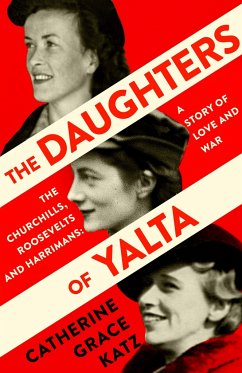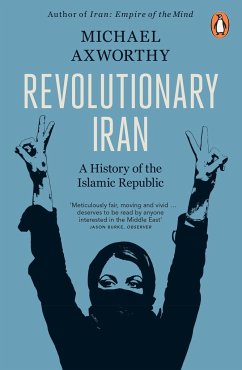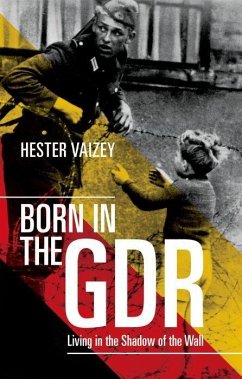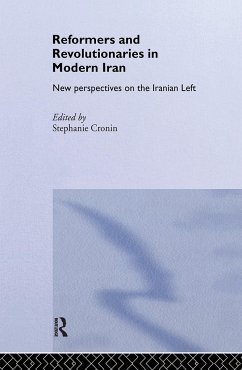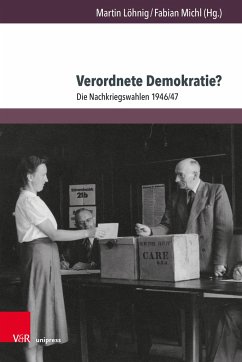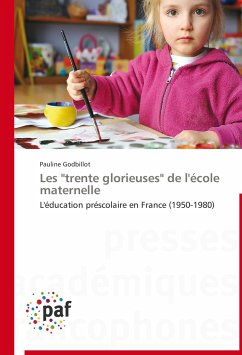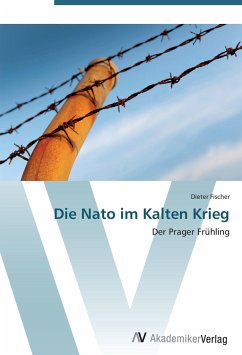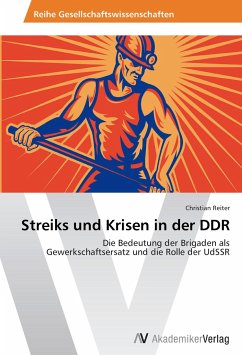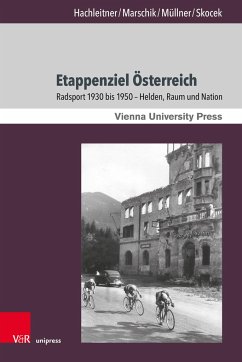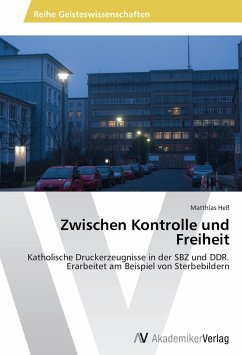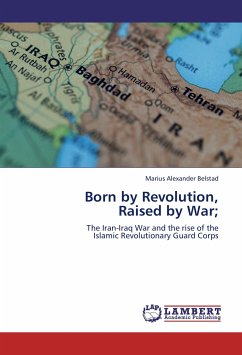
Born by Revolution, Raised by War;
The Iran-Iraq War and the rise of the Islamic Revolutionary Guard Corps
Versandkostenfrei!
Versandfertig in 6-10 Tagen
39,99 €
inkl. MwSt.

PAYBACK Punkte
20 °P sammeln!
The period between 1978 and 1988 remains the most important decade for the formation of the Islamic Republic of Iran, as the important events that took place within this timeframe continue to exert an immeasurable impact on the outlook of the modern Iranian state. The ten years between the 1978-79 Revolution and the end of the 1980-88 Iran-Iraq War witnessed the rise of the Islamic Revolutionary Guard Corps (IRGC) from a hastily gathered, disorganised militia to become one of the most powerful institutions within the emerging Iranian state-structure. The IRGC s dominating role in Iranian socie...
The period between 1978 and 1988 remains the most important decade for the formation of the Islamic Republic of Iran, as the important events that took place within this timeframe continue to exert an immeasurable impact on the outlook of the modern Iranian state. The ten years between the 1978-79 Revolution and the end of the 1980-88 Iran-Iraq War witnessed the rise of the Islamic Revolutionary Guard Corps (IRGC) from a hastily gathered, disorganised militia to become one of the most powerful institutions within the emerging Iranian state-structure. The IRGC s dominating role in Iranian society today cannot be understood without reference to this time period, and this book argues that the key to understanding the IRGC s rise in power and influence is to be found in the eight year long Iran-Iraq War, building on Charles Tilly s theory of war-making and state-making as a guiding framework. The analysis sheds light on the development of one of the key power-structures of the Islamic Republic of Iran, and should be of interest to scholars of political science, war, revolutions and state-building as well as those interested in the historical development of the modern Middle East.



